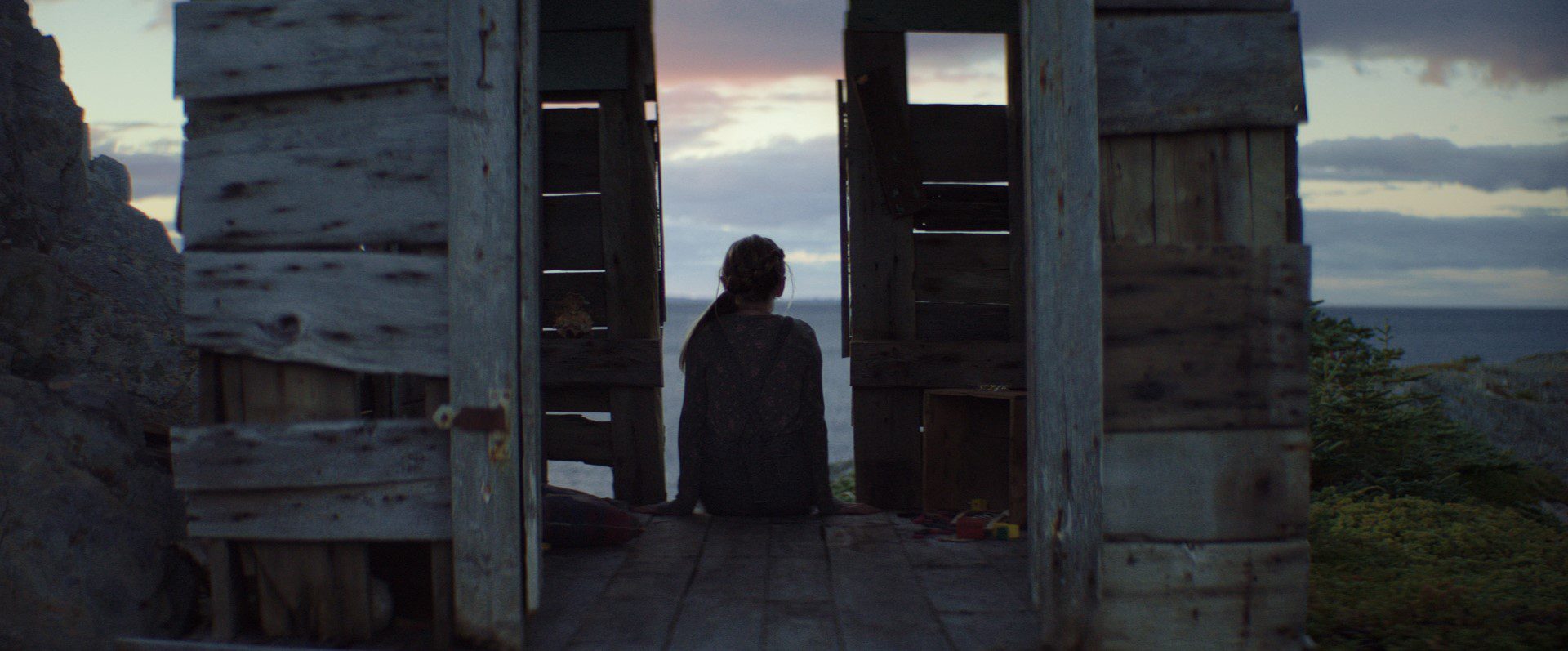
Adapted from the novel by Catherine Hernandez, Scarborough details the lives of three families of various backgrounds who live in poverty in Scarborough, Ontario. Meeting up at an after-school program at a local community center, the children?s stories begin to intertwine.
Set in the urban centre of the Greater Toronto Area, Scarborough shows how one of the wealthiest cities on the planet can create a massive divide in wealth and resources between families. In many ways, the film offers a glimpse into the lives of true poverty and the struggles that these families face every day, like raising a child with limited finances and the mental burden that it places on the parents. Scarborough boldly shows how these limited resources can perpetuate the cycle of poverty, stunting the children?s potential and opportunities for a better future.
Personally, what I loved most about Scarborough is that it never shy?s away from the challenges of poverty yet it also makes it extremely difficult to watch. The film depicts a community of children that has been abandoned by its city, leaving them to endure child abuse and other traumas. One of the most difficult stories to watch is that of Laura, one of the three main children within the film. Abandoned by her mother and left to live with an abusive and racist father (who?s also mentally unstable), Laura lives in constant fear of others and has developed insufficient communication and social skills as a result of his violent outbursts. Under pressure to perform perfectly and called horrendous names by her father, Laura is struggling to survive in a toxic environment. Warped by her father?s bigotry, Laura?s worldview has been tainted. (She even genuinely asks her Muslim teacher if she ?eats babies?.)
In addition, Scarborough pulls no punches on the difficulties that occur with limited finances. Things we don?t consider are viewed as luxuries to families struggling daily, such as breakfast and lunches, school supplies and even toilet paper. These communities are hampered by their loss of funds and require help to make it through the day. Interestingly, the community center that provides the children breakfast becomes the centre point of the film and Ms. Hina, the Muslim daycare teacher, is the angel that these children need. However, despite Toronto being one of the most diverse cities on the planet, Ms. Hina faces constant bigotry by parents who confuse her racial background and her supervisors who reprimand her for not going above and beyond her duties. At a place in which the goal is to educate these kids and guide them into the future, its somewhat ironic that Ms. Hina is consistently undermined due to her race.
Overall, Scarborough is a must-see film and the truest depiction of First World poverty that I?ve ever seen. Never shying away from the abuse and neglect that these children endure, the film is raw and points out that the glaring cycle of poverty has not been addressed properly. As such, Scarborough is as informative as it is hard to watch. Though the story is fictional, it has never felt more real.



